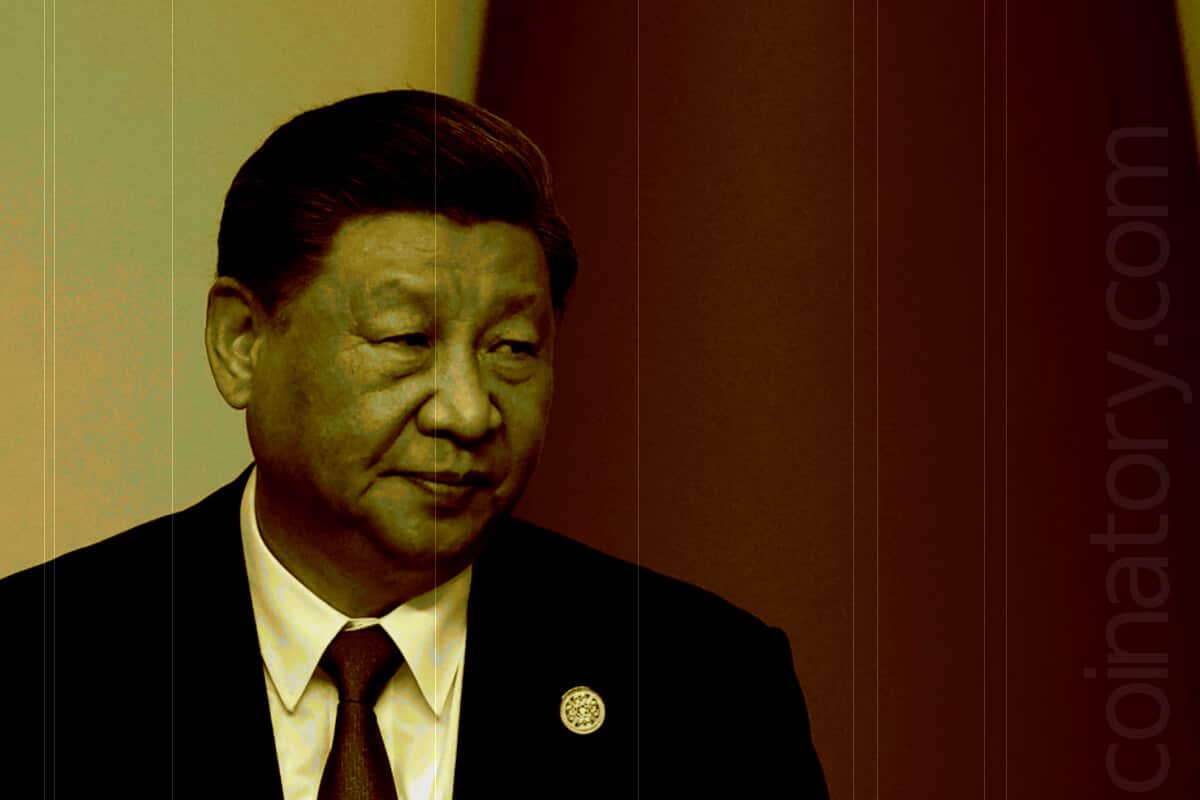
Under Chinese law, owning digital assets is not prohibited for people; however, limits still apply for businesses, a Shanghai court has confirmed.
Clarifying that individual bitcoin possession is not illegal under Chinese law, Sun Jie, a judge at Shanghai’s Songjiang People’s Court, posted a statement on the court’s official WeChat account She stressed, meanwhile, that businesses are not allowed to “at will” create tokens or invest in digital assets.
Jie claims that under Chinese law digital assets are regarded as virtual goods having property qualities. Still, their usage is strictly controlled to avoid financial crime dangers and economic disturbance.
“Virtual currency trading speculation activities such as BTC not only disrupt the economic and financial order but may also become tools for illegal and criminal activities, including money laundering, illegal fundraising, fraud, and pyramid schemes,” stated Judge Jie.
This strong position on speculative activity has resulted in tight rules. Emphasizing that the legislation may not provide protection in case of financial loss, Jie also cautioned private investors of the inherent hazards in bitcoin investing.
Chinese law regards as unlawful, the verdict resulted from a contractual conflict between two enterprises over token issuing. Reiterating the ban on token issuing operations, the court decided that all agreed upon payments should be reimbursed.
An intricate relationship with digital assets
Since 2017, when the government outlawed local exchanges and initial coin offerings (ICOs), China’s regulatory posture on digital assets has changed dramatically. Later policies forbade block reward mining and had miners either move or stop working.
China’s impact in bitcoin mining continues despite these limits. Data from CryptoQuant showed as of September that Chinese mining pools exceeded the 40% worldwide Bitcoin mining hashrate, accounting for 55% of all mining activity.
Chinese courts have also rendered many decisions supporting the property rights of owners of digital assets. For example, a Xiamen court recently decided that digital assets are covered by Chinese law as property, therefore validating the complex legal environment around cryptocurrencies in the nation.







